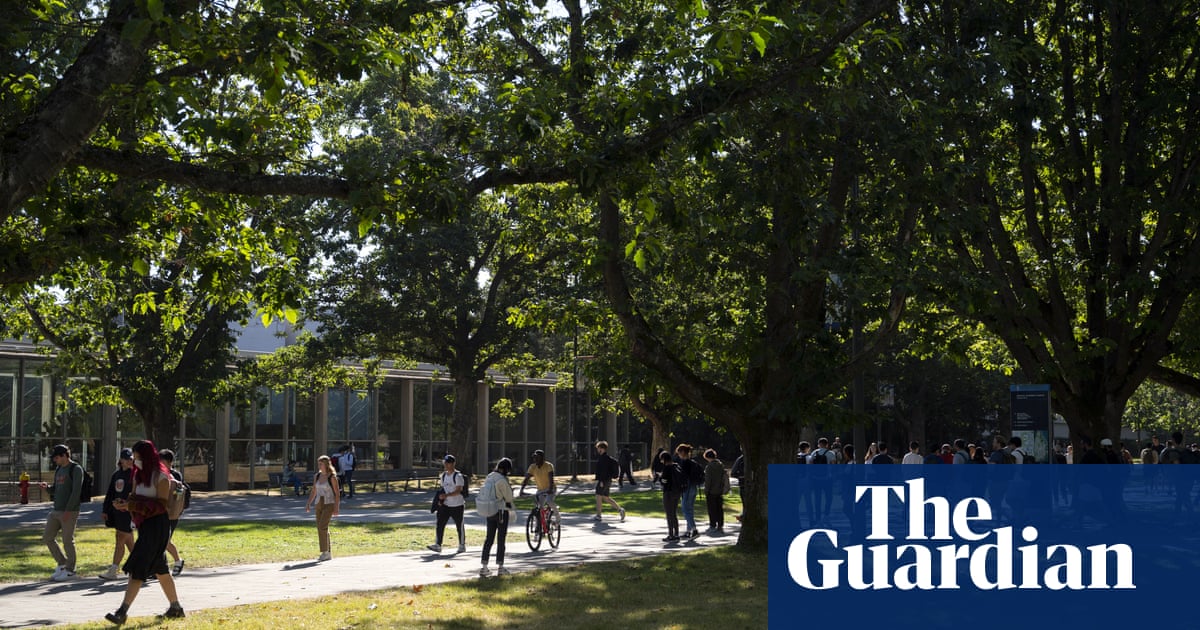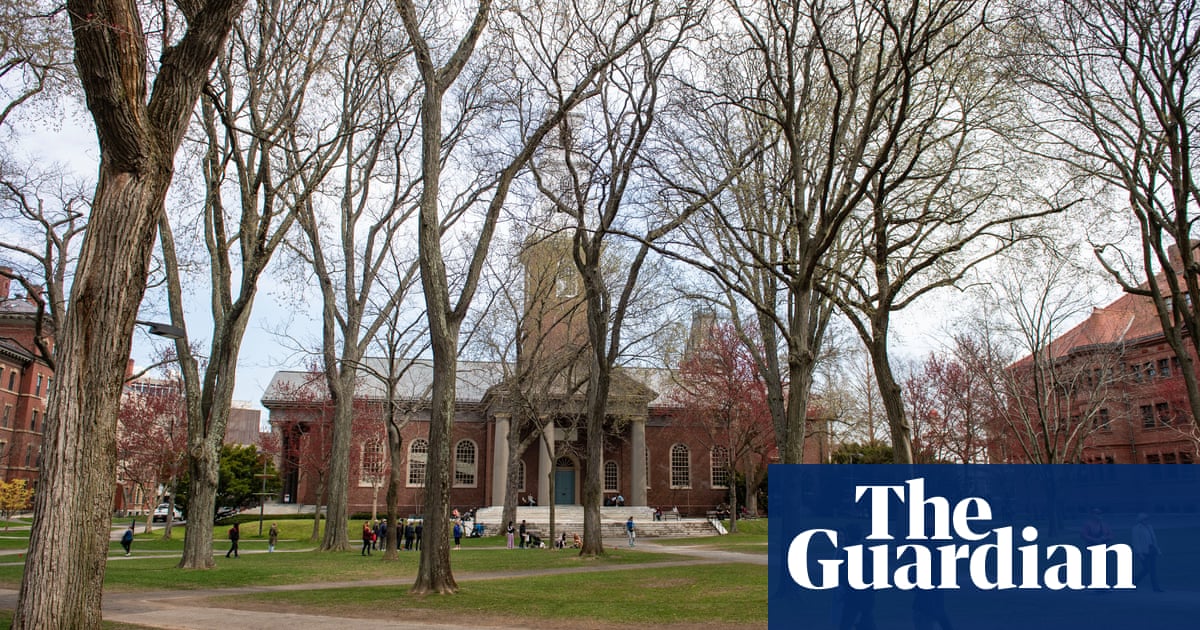The announcement by the Department for Work and Pensions (DWP) of a new regime for checking breaches of carer’s allowance rules is a milestone in the campaign to end the shockingly poor treatment of claimants. Rules directing officials to investigate only half of alerts about suspected overpayments are rightly being ditched. In future, all reports will be checked, so that claimants can be notified and avoid getting into debt.
This month’s lifting of the weekly earnings limit, from £151 to £196, is another step forward. Claimants can now work for the equivalent of 16 hours at the national living wage (NLW) without losing their entitlement to a carer’s allowance payment of £83.30. By pegging the earnings limit to the NLW, so that in future they rise in sync, ministers have made it less likely that pay rises will tip people unwittingly over the edge and into trouble. A government-ordered review by Liz Sayce, the disability expert, will soon make further recommendations, including what should happen to the outstanding debts that are blighting lives.
Ministers already know a good deal about the harm caused by years of official denial and obfuscation. It was nearly a decade ago that a DWP whistleblower first raised concerns about the way that those who overclaimed were being dealt with. He was wrongly fired, then reinstated, but debts and prosecutions kept mounting up. Currently, 144,000 claimants are in the process of repaying a total of £250m. A Guardian investigation last year revealed how hundreds of those with higher overpayments (more than £5,000) were taken to court, accused of fraud.
This terrible state of affairs should never have been allowed. It is a stain on the record of the last government that more was not done to sort it out. As long ago as 2019, the National Audit Office found that most wrongful claims were the result of mistakes. In light of this, the DWP should have been proactive in tackling them, rather than insisting that claimants bore legal responsibility, or putting its faith in a technological fix that never materialised.
Many of the 1 million people who receive carer’s allowance are already coping with very difficult circumstances, financially and in other ways. To be eligible in the first place, the person being cared for (almost always a relative) must be on disability benefits, and need at least 35 hours a week of help with tasks such as washing. Given that being out of work is the strongest predictor of poverty for unpaid carers, it has been utterly perverse to penalise them for weekly earnings above £151 – until last week the measly maximum.
Unpaid carers, many of whom are middle-aged women, are not the solution to the wider, demographic challenge of an ageing and increasingly unhealthy population. A new funding formula for the formal social care sector is essential, and cannot be put off much longer. But care, in its broader sense, will always encompass help that is given voluntarily – as well as that which is paid for. Care is what goes on within families as well as what is provided by care workers and in institutional settings.
These bonds between individuals and generations are part of the fabric of society. As well as the injustices it has exposed, the carer’s allowance scandal is about the troublingly low regard in which the DWP appears to hold them.
Do you have an opinion on the issues raised in this article? If you would like to submit a response of up to 300 words by email to be considered for publication in our letters section, please click here.

 6 hours ago
6
6 hours ago
6













































